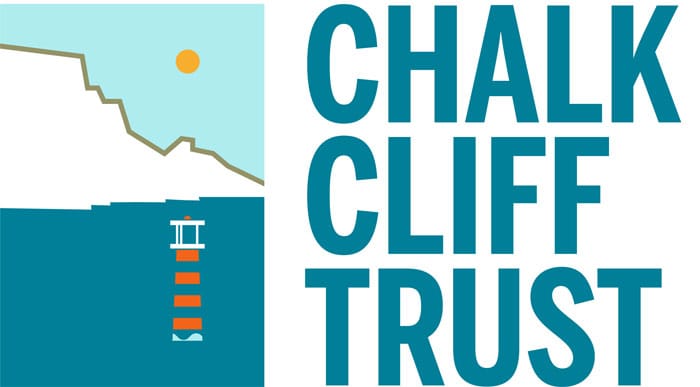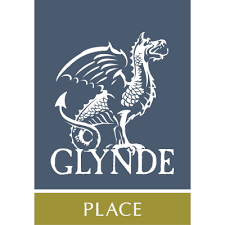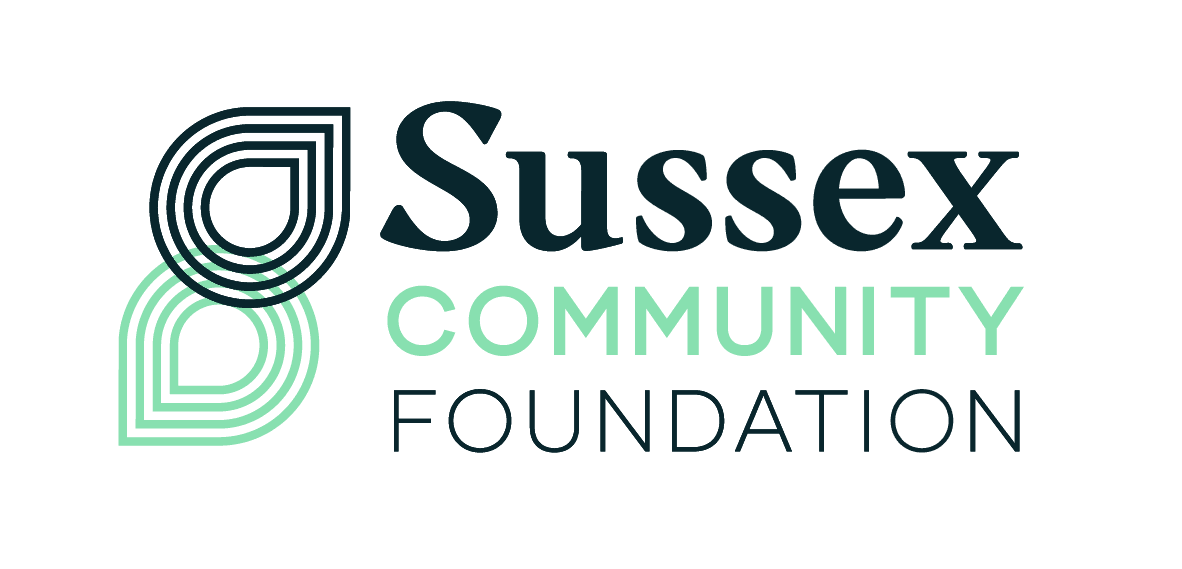Commission and Fund Us
Better outcomes through green social prescribing and nature-based interventions.
What we do
At Circle of Life Rediscovery CIC, we believe relationship, presence and place belong at the heart of care. Since 2004, we have pioneered nature-based programmes that improve mental health, wellbeing and learning for young people, adults and families across Sussex.
For us this means:
- Relationships – creating supportive connections between people and the natural world.
- Presence – helping people be fully present in a calm, non-judgmental, and mindful way.
- Place – experiencing the healing power of natural settings creates safe and restorative environments.
Our Green Tonic packages and workforce training offer practical, evidence-based ways to reduce health inequalities, relieve pressure on NHS and social care services, and align with environmental priorities such as the NHS Green Plan and Local Nature Recovery Strategies.
We co-develop services with health, education and social care partners, while equipping practitioners through innovative professional development to embed the proven benefits of nature and community into everyday practice. In doing so, we contribute to a cultural shift — creating resilient, compassionate communities and healthier natural environments.
How we can help you with green social prescribing and nature-based interventions
CLR’s programmes are designed to complement primary care, secondary care, education and social care pathways, helping commissioners and partners achieve better outcomes for the people they support. We offer:
- Restoration and Recovery – safe, structured time in woodlands, green and blue spaces that promotes psychological restoration, reduces stress, and supports recovery for people referred through GPs, social prescribing and secondary services.
- Social Connection – group-based programmes that reduce loneliness and isolation, strengthen relationships, and foster a sense of belonging across communities.
- Equity and Access – person-centred nature interventions that ensure inclusion for marginalised groups, enable positive risk-taking, and nurture compassion and connection.
- Skills and Purpose – opportunities to develop practical, creative and ecological skills that build confidence, independence and pathways into education, training or employment.
- Meaningful Outcomes – programmes co-designed with NHS, education and social care partners, ensuring outcomes align with local priorities and are backed by evidence.
Read our green social prescribing and nature-based intervention case studies
How we help you with our 3-branch nature therapeutic model
We target our green care services to individuals with a defined health need. We base contact with nature on our ‘3-branch’ nature therapeutic model informed by current research.
The model:
- Brings people together for social bonding
- Takes place in natural environments: often a woodland
- Provides meaningful activities
See how we’ve helped health, wellbeing and teaching professionals
We draw on the woodland as a resource for health and wellbeing.
Our Team
- Our facilitators have extensive experience delivering group intervention, group facilitation and co-regulation skills. We use a psycho-educational group work approach
- We apply knowledge of models and the principle aims and objectives of enabling individuals with vulnerable needs to access the natural environment. In addition, we offer resources to support their engagement
- We have the expertise and ability to appropriately grade activities to maximise group members’ potential and enable them to engage at their optimal level of functioning
- Our team participates in reflective practice and supervision
Our partnership with CAMHS
Since 2009, we’ve delivered funded nature intervention programmes for teenagers and families via our long-term partnership with the Child and Adolescent Mental Health Service in East Sussex.
Support Us
We couldn’t do this work without the commitment of our partners. Together, we make nature part of the solution to today’s health and social challenges.
By partnering with CLR, you can:
- Support inclusive, nature-led therapy that reaches those who need it most.
- Co-create innovative healthcare projects that improve wellbeing and reduce health inequalities.
- Invest in a cultural shift in care – placing relationship, presence and place at the centre of health and education.
Get in touch to explore partnership funding opportunities and help us grow this work.
Contact Alana via: [email protected]









